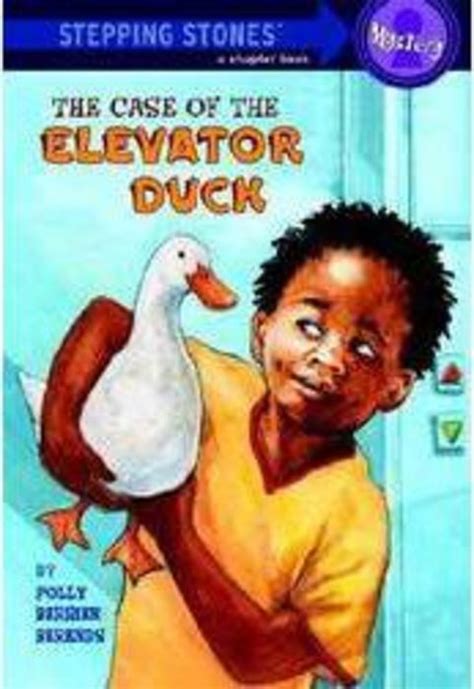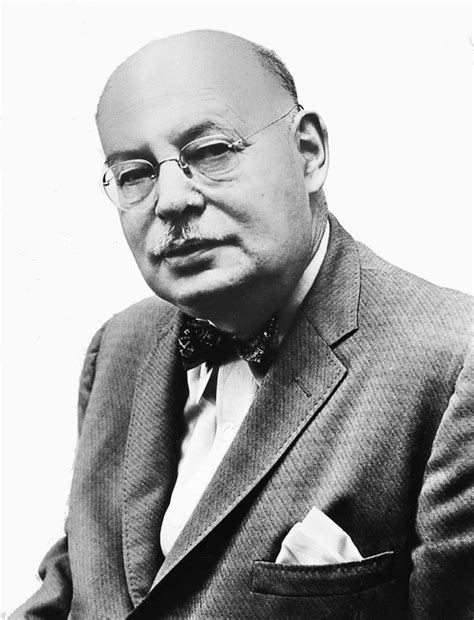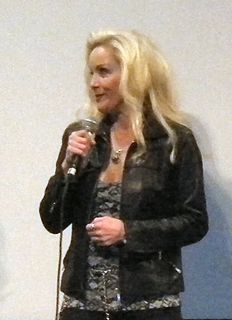A Quote by Laurie Halse Anderson
Censoring books that deal with difficult, adolescent issues does not protect anybody. Quite the opposite. It leaves kids in the darkness and makes them vulnerable. Censorship is the child of fear and the father of ignorance. Our children cannot afford to have the truth of the world withheld from them
Related Quotes
It's difficult because you can't generalise about these things. But in essence, you deal with children as simply as you deal with actors - you have to show a certain sort of respect. You deal with them lovingly and protect them, but if you protect them enough then they're open to engage with what you want to do with them.
To rescue our children we will have to let them save us from the power we embody: we will have to trust the very difference that they forever personify. And we will have to allow them the choice, without fear of death: that they may come and do likewise or that they may come and that we will follow them, that a little child will lead us back to the child we will always be, vulnerable and wanting and hurting for love and for beauty.
We cannot protect our children from life. Therefore, it is essential to prepare them for it. Feeling sorry for children is one of the most seriously damaging attitudes we can have. It so greatly demonstrates to them and to ourselves that we lack faith in them and their ability to cope with adversities.
Society does not need more children; but it does need more loved children. Quite literally, we cannot afford unloved children - but we pay heavily for them every day. There should not be the slightest communal concern when a woman elects to destroy the life of her thousandth-of-an-ounce embryo. But all society should rise up in alarm when it hears that a baby that is not wanted is about to be born.
The young adult literature is relatively new - it just kind of exploded in the 2000s. When I grew up, there weren't bookstores with sections dedicated to teen lit, nor was my generation raised reading books written specifically for us. Because of that, today we still think of books for teens as children's books and so when you write a book that includes sensitive topics, it just seems even more controversial. What's troubling to me about that is these are issues adults know that teens deal with. Not writing about them makes them something we don't, or can't talk about.
You look at the world and see how scary it can be sometimes and still try to deal with the fear. Comedy can deal with the fear and still not paralyze you or tell you that it's going away. You say, OK, you got certain choices here, you can laugh at them and then once you've laughed at them and you have expunged the demon, now you can deal with them. That's what I do when I do my act.
I really put the fear of God into my son, because children are such sponges. The earlier you teach them the law of the land, the easier they'll accept it as an adult. I think parents who shelter their children are making a huge mistake. Kids are really pretty amazing. They can handle a lot. It's just us parents. We think we need to protect them, and then when the real world comes in, they're shattered. So I think I did the right thing in my parenting.
Truth is always stranger than fiction. We craft fiction to match our sense of how things ought to be, but truth cannot be crafted. Truth is, and truth has a way of astonishing us to our knees. Reminding us, that the universe does not exist to fulfill our expectations. Because we are imperfect beings who are self-blinded to the truth of the world’s stunning complexity, we shave reality to paper thin theories and ideologies that we can easily grasp – and we call them truths. But the truth of a sea in all it’s immensity cannot be embodied in one tidewashed pebble.





































